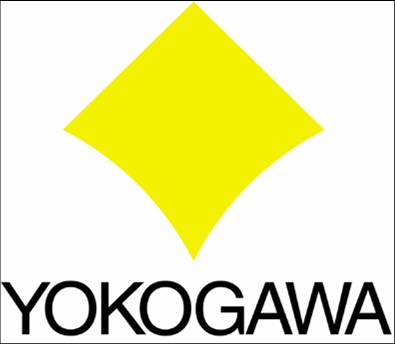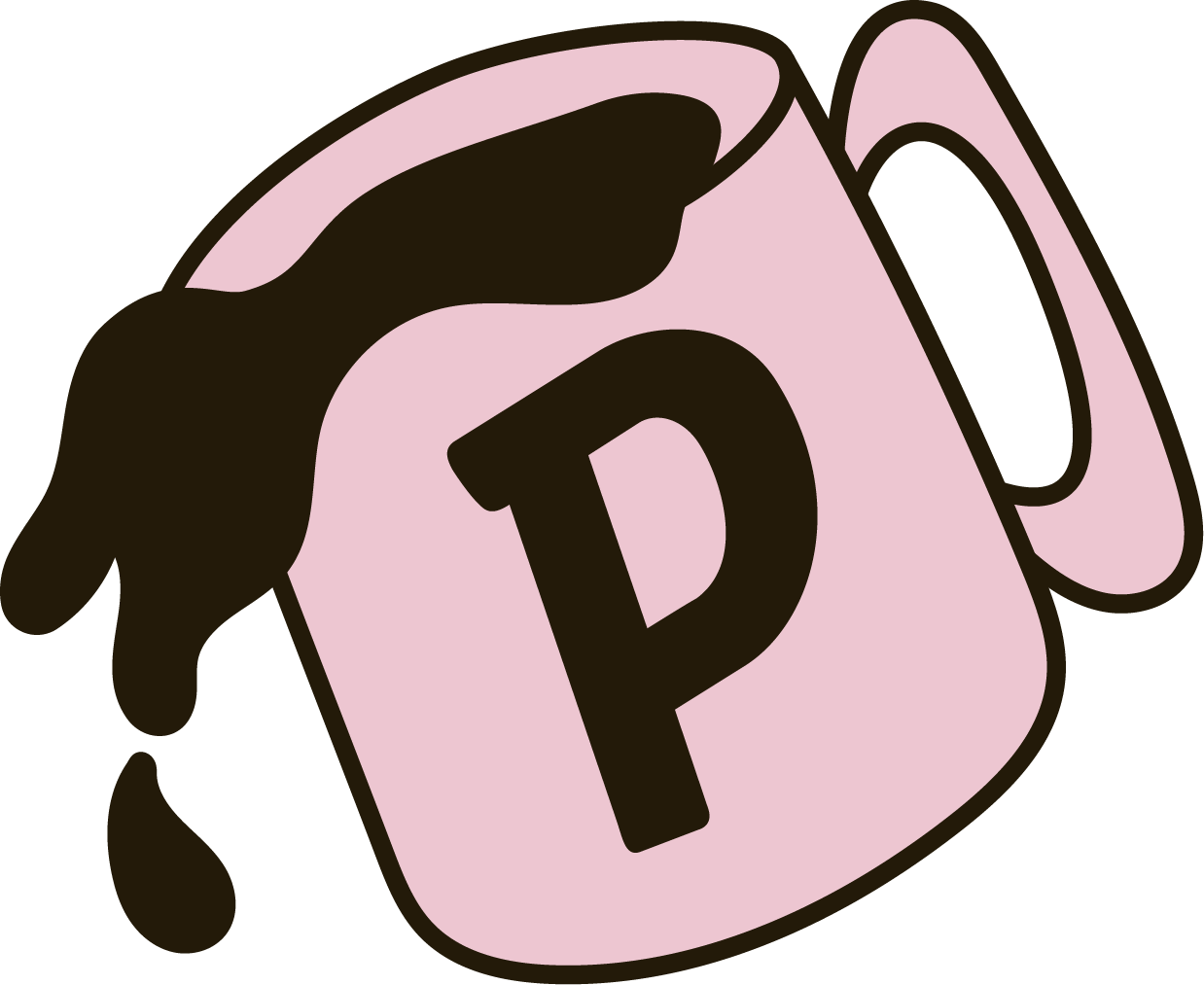1. Production Planning & Coordination
Oversee production schedules to ensure that manufacturing deadlines are met and products are delivered on ti..
1. Production Planning & Coordination
Oversee production schedules to ensure that manufacturing deadlines are met and products are delivered on time.
Coordinate with different departments (procurement, R&D, logistics, etc.) to ensure smooth flow of materials, resources, and information.
Monitor production capacity and adjust staffing and resource allocation as needed to meet demand fluctuations.
Develop production plans in alignment with company sales forecasts and customer orders.
2. Quality Control & Assurance
Ensure that all manufactured products meet industry standards and regulatory requirements (e.g., FDA, GMP, ISO, etc.).
Establish and monitor quality control procedures to prevent defects and maintain product consistency.
Audit production processes regularly to ensure compliance with internal quality policies and external regulations.
Address and resolve any quality issues in collaboration with the quality control team.
Coordinate with research and development teams to ensure new formulations are scalable and comply with safety and quality standards.
3. Team Management & Leadership
Manage and lead the production team, including supervisors, operators, and technicians, to ensure high productivity and morale.
Set performance expectations and conduct regular performance evaluations for the production staff.
Implement training programs to ensure all employees are up-to-date with safety standards, operating procedures, and company policies.
Foster a culture of continuous improvement and employee engagement.
4. Health & Safety Compliance
Ensure the factory complies with occupational health and safety regulations (OSHA or local standards).
Conduct regular safety inspections and address any potential hazards in the production environment.
Ensure workers are equipped with the appropriate PPE (Personal Protective Equipment) and are trained in proper safety protocols.
Respond promptly to any accidents, incidents, or safety violations.
5. Inventory & Materials Management
Ensure that sufficient raw materials, packaging, and other production supplies are available for the manufacturing process.
Work closely with the inventory and procurement teams to manage stock levels, avoid shortages, and reduce waste.
Oversee the storage and handling of raw materials and finished goods in accordance with safety and regulatory standards.
6. Process Optimization & Efficiency Improvement
Analyze and identify opportunities to optimize production processes, reduce waste, and improve efficiency.
Lead initiatives for cost reduction and production optimization without compromising quality.
Utilize lean manufacturing principles, such as 5S, Kaizen, or Six Sigma, to streamline operations.
7. Maintenance & Equipment Management
Ensure all production machinery and equipment are properly maintained and functioning at optimal levels.
Collaborate with the maintenance team to schedule regular inspections and preventive maintenance.
Address any machine breakdowns or operational issues promptly to minimize downtime.
8. Regulatory Compliance & Documentation
Ensure compliance with local, national, and international regulatory standards related to manufacturing supplements (e.g., FDA guidelines for dietary supplements, GMP certification, etc.).
Maintain and review production records, batch logs, and other documentation for regulatory inspections and audits.
Oversee the labeling of products to ensure compliance with health claims and ingredient disclosures.
9. Reporting & Data Analysis
Prepare daily, weekly, and monthly production reports detailing output, quality metrics, and key performance indicators (KPIs).
Analyze production data to identify trends, inefficiencies, and opportunities for improvement.
Provide regular updates to senior management on production performance, challenges, and achievements.
10. Budgeting & Cost Control
Develop and manage the production budget, ensuring the factory operates within financial constraints.
Monitor production costs (labor, materials, equipment) and identify areas where cost savings can be made without compromising quality.
Prepare financial and cost analysis reports to assist in decision-making.
11. Collaboration with Other Departments
Collaborate with research and development to ensure that new products are manufacturable and scalable.
Work with the sales and marketing teams to meet customer demand and adjust production schedules based on sales forecasts.
Ensure seamless communication with logistics for product delivery and distribution.
12. Customer and Supplier Relations
Address any customer complaints related to product quality, packaging, or delivery timelines in collaboration with the customer service department.
Maintain relationships with key suppliers to ensure the availability of high-quality raw materials at competitive prices.
























